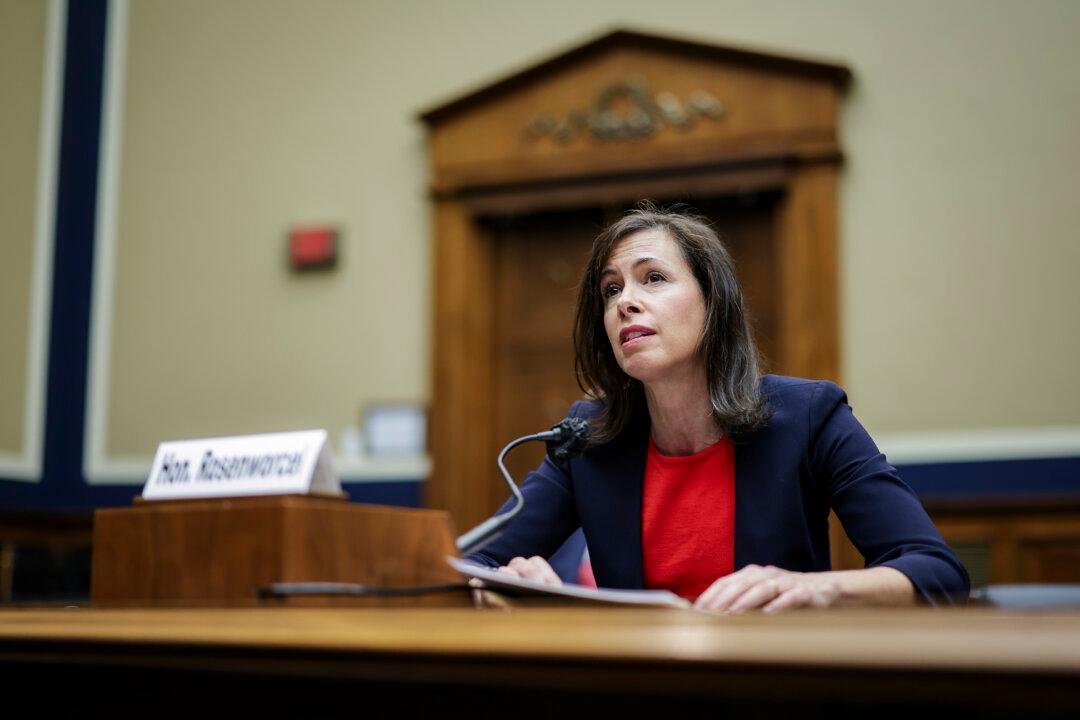Americans may soon hear disclaimers about the use of artificial intelligence in political ads.
On July 25, the Federal Communications Commission (FCC) issued a notice of proposed rulemaking requiring FCC-licensed broadcasters to “provide an on-air announcement for all political ads that include AI-generated content disclosing the use of such content in the ad.”





